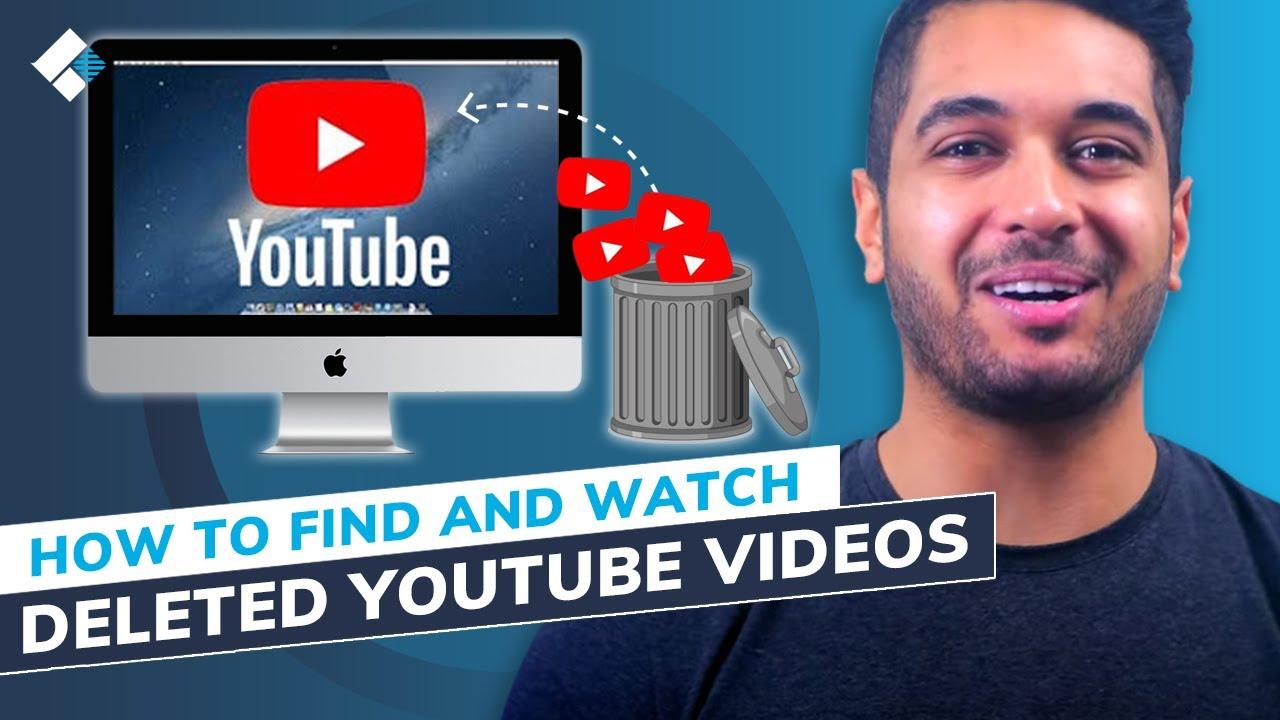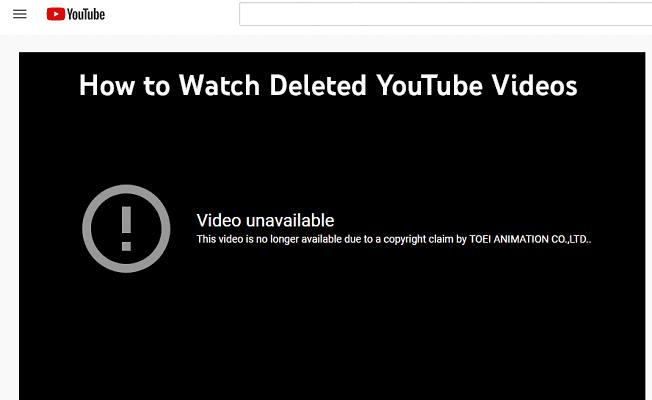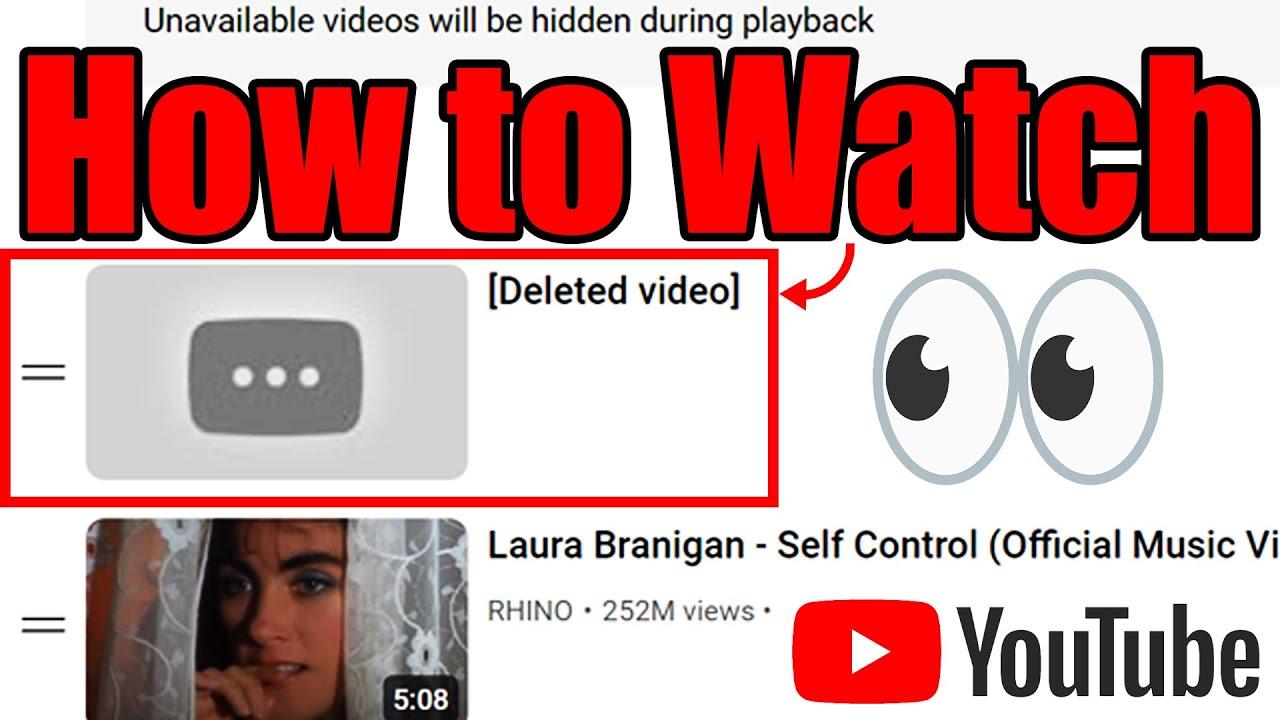In the vast digital expanse of YouTube, where countless videos are uploaded and streamed every second, ther lies a hidden layer—a ghostly archive of deleted content. these videos, once vibrant and accessible, vanish into the ether, leaving behind only echoes of their existence. Yet, for the curious and the resolute, the past is never truly lost. ”” delves into the tools, techniques, and ethical considerations that allow us to resurrect these digital ghosts. Whether you’re seeking a nostalgic memory, a piece of lost details, or simply exploring the boundaries of online archives, this guide illuminates the path to reclaiming what time and technology have seemingly erased. Join us as we navigate the labyrinth of the internet, uncovering the secrets of YouTube’s forgotten content.
Exploring the Mystery of Deleted YouTube Content
Have you ever stumbled upon a broken link or a “This video is no longer available” message on YouTube? It’s frustrating, especially when the content was something you were eager to watch. Fortunately, there are ways to recover and access deleted YouTube videos.One of the most effective methods is using web archives like the Wayback Machine,which captures snapshots of web pages over time. Simply enter the video’s URL, and if it was archived, you might just find what you’re looking for. Another option is to search for mirror uploads or re-uploads by other users, as popular videos often resurface on different channels.
For those who prefer a more technical approach, tools like youtube DataViewer or third-party websites can help retrieve metadata or cached versions of deleted videos. Here’s a quick comparison of some popular methods:
| Method | ease of Use | Success Rate |
|---|---|---|
| Wayback Machine | Easy | Moderate |
| Mirror Uploads | Moderate | High |
| YouTube DataViewer | Advanced | Low |
While these methods can be helpful, it’s important to respect copyright and privacy laws when attempting to access deleted content. Always ensure that your actions align with ethical guidelines and platform policies.

Understanding Why Videos Disappear and Where They Go
ever clicked on a YouTube link only to find a “This video is no longer available” message? Videos vanish for various reasons—copyright claims, privacy settings, or even creator decisions. But just because a video is gone doesn’t mean it’s lost forever. Here’s why content disappears and where it might hide:
- Copyright strikes: Automated systems or manual claims can take down videos instantly.
- private or unlisted: Creators might restrict access without deleting the content entirely.
- Account termination: Channels removed by YouTube or the user leave videos inaccessible.
| Reason | Possible Solution |
|---|---|
| Deleted by creator | Check archives or cached versions |
| Region-locked | Use a VPN to bypass restrictions |
While YouTube doesn’t offer a built-in “recycle bin,” traces of deleted videos linger in unexpected places.Search engines cache thumbnails, third-party sites archive metadata, and dedicated tools scrape historical data. With the right approach, you might just resurrect what seemed lost. Whether it’s for research, nostalgia, or sheer curiosity, understanding the digital afterlife of videos opens doors to forgotten content.
Effective Tools and Techniques for Retrieving Lost Videos
Have you ever stumbled upon a YouTube video only to find it vanished into the digital void? Retrieving deleted content isn’t always straightforward, but with the right tools, you can often resurrect those lost gems. Web archives like the Wayback Machine can sometimes capture snapshots of videos before they disappear. Alternatively, specialized browser extensions or third-party websites designed to cache YouTube metadata might still hold traces of the deleted content. Here’s a quick rundown of methods worth trying:
- Google Cache: search for the video URL prefixed with
cache:in Google. - Archive.org: Check if the Wayback Machine saved a copy.
- Third-party sites: Platforms like YTArchive or RecoverMy.Video may have backups.
| Tool | Best For |
|---|---|
| Wayback Machine | Older, archived videos |
| Google Cache | Recently deleted content |
If the video was once popular, don’t underestimate the power of community efforts. Forums like Reddit or specialized Discord servers often share mirrors or reuploads of deleted videos. Creators themselves might have reposted the content elsewhere—check their social media or alternative platforms like vimeo. Remember, persistence is key; even if one method fails, another might just crack the code and bring your favorite video back to life.
Best Practices for Archiving and Preserving YouTube Content
Ever stumbled upon a fascinating YouTube video only to find it vanished the next day? The ephemeral nature of online content makes archiving essential for researchers, historians, and casual viewers alike. Here’s how to recover deleted YouTube videos:
- Leverage web archives: Platforms like the Wayback Machine often store cached versions of deleted videos.
- Check third-party backups: Some creators mirror their content on alternative platforms like Vimeo or Dailymotion.
- Use specialized tools: Services like
youtube-dlor browser extensions can download videos before they disappear.
| Method | Best For |
|---|---|
| Web Archives | Older, publicly available content |
| Third-Party Backups | Creators with cross-platform presence |
| Download Tools | Proactive preservation |
While these methods can help recover lost content, ethical considerations matter. Always respect copyright and privacy—archiving shouldn’t infringe on creators’ rights. For long-term preservation, consider organizing downloaded videos with metadata tags or cloud storage. remember: digital history is fragile, but with the right approach, you can keep pieces of it alive.
To Wrap It Up
And so, as we close the digital chapter on unearthing the past, it’s clear that the internet—vast and ever-shifting—still holds traces of what’s been erased. Deleted YouTube videos may vanish from sight, but they linger in the shadows, waiting for the curious to find them. Whether through cached pages, archives, or clever tools, the act of rediscovery is a reminder that nothing online truly disappears. It’s a dance between permanence and impermanence, a testament to the internet’s dual nature as both a treasure trove and a fleeting canvas.As you embark on your own quests to reclaim lost content, remember: the digital past is never truly gone—it’s just waiting to be found. Happy hunting!

